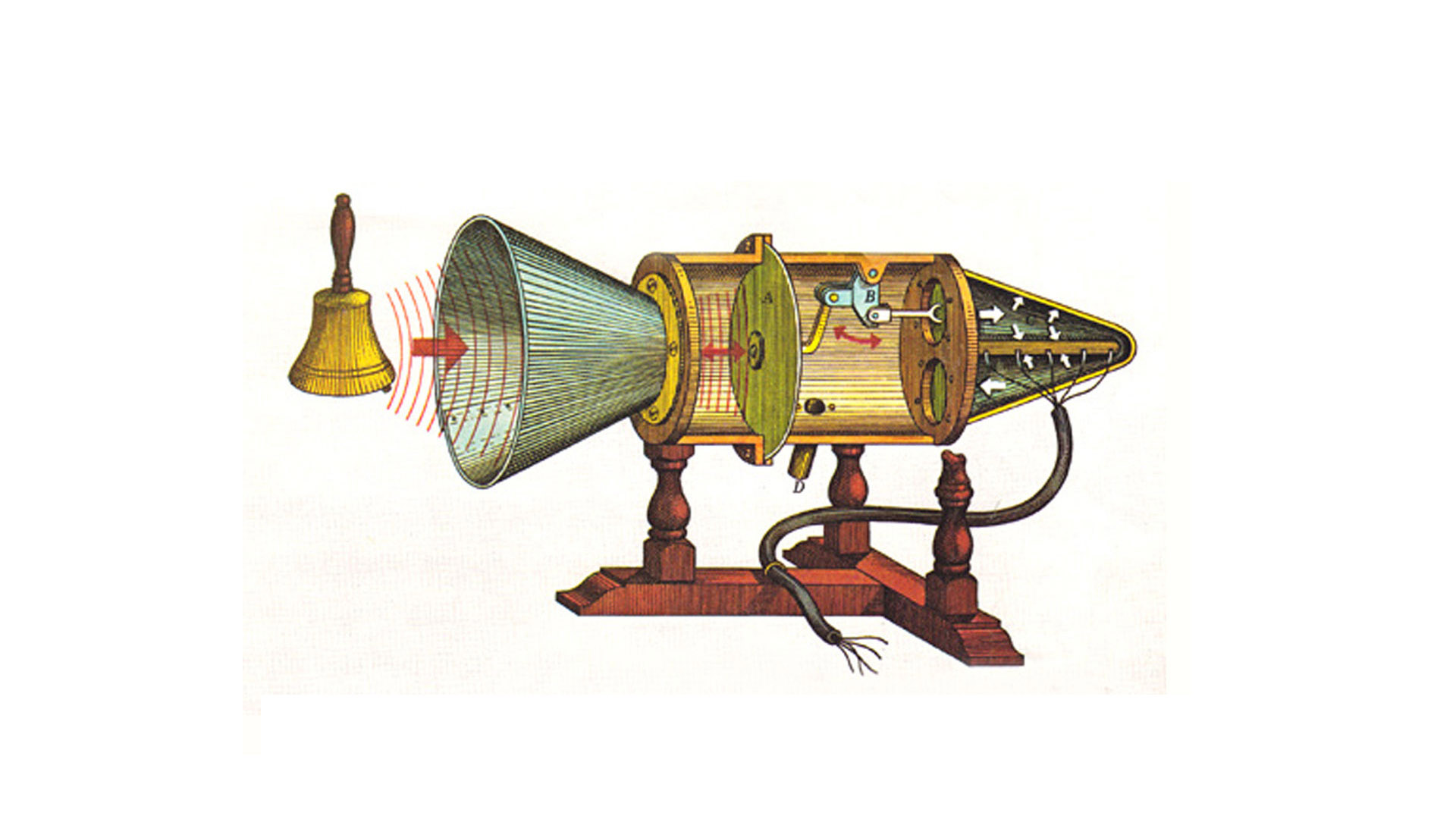Tes mots dans mes mains
Your Words in my Hands
The puppetry and shadow theatre techniques that we explored for the creation of "Le passage secret (The Secret Passage)" will be used again in the research for "Tes mots dans mes mains (Your Words in My Hands)."
For the moment, I imagine a mobile set and costumes that can be transformed into puppet theatres made of fabric or other materials, with certain parts hung on different supports: painted objects, forced perspectives created by superimposing suspended frames, tables covered with different materials (sand, cork, wood, metal, etc.) becoming playgrounds where puppet characters will evolve. On these changing set designs, colours and animated shapes will be projected as shadows, allowing us to discover unusual places and to travel great distances. The insides of costumes will sometimes become veritable portable stage sets, from which human, plant and animal protagonists will appear and disappear, creating landscapes and communities.
“Tes mots dans mes mains (Your Words in my Hands)” is still a modest and personal project, embodying a pivotal moment in my long artistic journey. At a time when the collective spotlight is on reconciliation and the integration of diversity, equity and inclusion, I want to write a show about these themes, drawing inspiration from an autobiographical element that has influenced my entire interdisciplinary practice and, no doubt, my fascination with toddlers in the midst of language learning: my younger brother was born deaf.
It's fair to say that in my family, the questions of Deaf culture and cultural diversity were a part of our daily lives, in a very concrete way, and still shape our relationship with the Other. As in every family, and for all human beings, these realities do not prevent awkwardness, misinterpretations, botched summaries of discussions, misunderstandings, frustrations and prejudices that can arise when, for example, an entire table of people bursts out laughing because of a joke that needs to be translated or explained as quickly as possible, so as not to exclude or offend a different player. My brother was brought up during the wild oral culture of the 1960s, when teachers tied the hands of deaf children behind their backs. There's no need to go into detail about the evolution and revolt of these children when, much later, this mode of integration changed and they acquired access to LSQ (Langue des Signes Québécoise / Quebec Sign Language), which enabled them to join their own people and to appropriate their own identity and culture.
I want to create a show that appeals to the community of deaf children at Gadbois school, in the Villeray district, and to the community of newcomer children at Barclay school, in the Parc-Extension district, where the company has been well established for several years. Meeting with deaf children, necessarily implies hiring an LSQ interpreter to accompany us during key creative encounters (cultural mediation, workshop performances, targeted LSQ performances).
These encounters with the different groups will have concrete repercussions on the conception and writing of "Tes mots dans mes mains (Your Words in my Hands)".
These meetings with them will serve as an anchor for tackling the issues of reconciliation and diversity, equity and inclusion. With the current global rise in intolerance and increased social polarization, choosing these themes may seem utopian. Yet, we all know that even young children are not immune to today's social upheavals. We also know that long before they enter elementary school, they feel and understand the phenomena of racism and exclusion. This is perhaps even truer for children who are newcomers to Canada and for children who are deaf.
I am confident that with their help, I will be able to invent a show that, without disguising reality, proposes a comfortable, safe and inclusive universe.
“La conversation du matin (The Morning Conversation)” is a short text by Haitian-born Quebec writer Danny Laferrière, taken from his collection, Tout bouge autour de moi (Everything Around Me is Moving). Written around the time of the 2010 earthquake in Haiti, this text vividly illustrates the feeling I want to develop and reveal, with this new work.
While all the guests staying in a hotel about to collapse, take refuge on a tennis court, the author returns to his own childhood, observing the way a grandmother comforts her grandson. He says: "My grandmother rescued me from the clutches of the dictator, teaching me something other than hatred and the spirit of revenge. This grandmother, not far from me, is replacing horrible images with songs and mythologies that she draws from her flickering memory. One day, all he'll remember is his grandmother's voice in the softness of dawn.”
With "Tes mots dans mes mains (Your Words in my Hands)", I want to write an escapist story that can serve as a refuge which nourishes the imagination, hope and courage of children who, like all of us, with their own small means, face the challenges of today's planet and society. In other words, a show where we join hands, meet each other and give each other voice!
